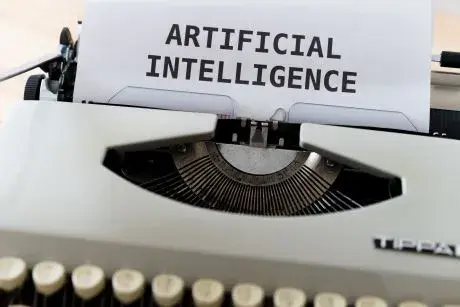Artificial Intelligence & Law

A Brookings Institution report, How Artificial Intelligence Is Transforming the World, states the following about artificial intelligence (AI):
Although there is no uniformly agreed upon definition, AI generally is thought to refer to “machines that respond to stimulation consistent with traditional responses from humans, given the human capacity for contemplation, judgment and intention.” According to researchers Shubhendu and Vijay, these software systems “make decisions which normally require [a] human level of expertise” and help people anticipate problems or deal with issues as they come up. As such, they operate in an intentional, intelligent, and adaptive manner.
According to an article in the ABA’s Law Practice Magazine, “[t]he majority of lawyers don’t know a lot about artificial intelligence (AI)…There may really be robot lawyers one day, but not any day soon. Still, we are being shaped by AI in ways we have not yet fully grasped. On Aug. 12, 2019, the ABA House of Delegates passed Resolution 112, which states that the ABA “urges courts and lawyers to address the emerging ethical and legal issues related to the usage of artificial intelligence (“AI”) in the practice of law including: (1) bias, explainability, and transparency of automated decisions made by AI; (2) ethical and beneficial usage of AI; and (3) controls and oversight of AI and the vendors that provide AI.”
Artificial intelligence is part of legal research resources and databases. One author describes this: “[m]any legal research providers, both old and new, incorporate AI tools into their platforms. Each system purports to use AI in a proprietary manner, and it’s often difficult to determine exactly how AI is used to provide more relevant results. That being said, providers large and small are incorporating AI into their platforms in a variety of interesting ways.” There are definitely pros and cons to the use of AI in legal research, in law, and beyond. For example, it is important to be aware of bias in algorithms.
Library Blog

